Michele Cimmino
Nov 11, 2021 • 6 min read
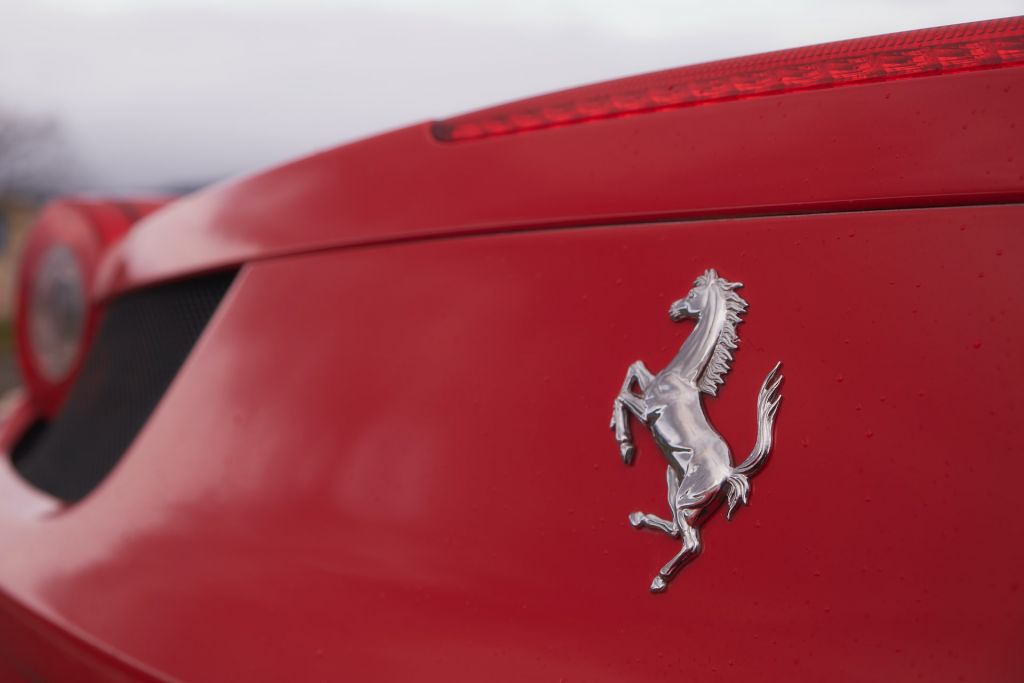
Made in Italy is a merchandise mark indicating that a product is all planned, manufactured, and packed in Italy, especially concerning the design, fashion, food, manufacturing, craftsmanship, and engineering industries.
From the post-war era, “Made in Italy” has confirmed itself as a label granting fine quality, authenticity and design internationally praised. A growing number of Italian entrepreneurs managed through the decades to create a brand of high value all over the world, mixing the iconic Italian aesthetics with technology and innovation.
With the crisis coming and going many economists and executives have discussed that the Italian industrial outlook, made up of mostly numerous small and medium firms, could not compete with the rising low-cost manufacturing coming from the Asian market, firstly China. But thanks to keeping up with the Italian mindset, way of doing, and authenticity, “Made in Italy” keeps growing in the high-end luxury sector.
In simple words, Made in Italy defines a specific element of the value chain: the location of production, but also, other aspects are involved:
The pipeline of Italian production and the way in which the supply chain is organized through small and mid-sized family-run companies allows for high-quality production, at the cost of smaller volumes.
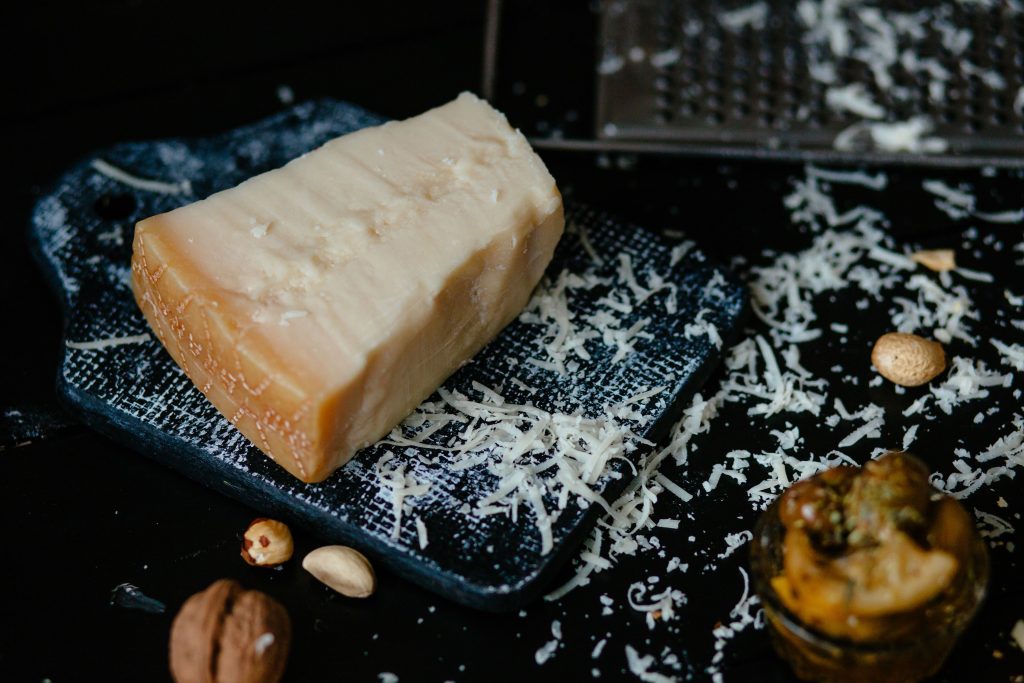
These values express the highly skilled labor which is involved in the production of Italian goods, spanning from fashion to the engineering industry.
All in all, Made in Italy is a country of origin brand which entails great persuasion, but also a lot of responsibility towards the past (heritage) and the future of business culture.
Working with Italian companies is a great opportunity and sometimes a privilege, which has to be approached with both business and cultural understanding of the way in which Italian businesses operate.
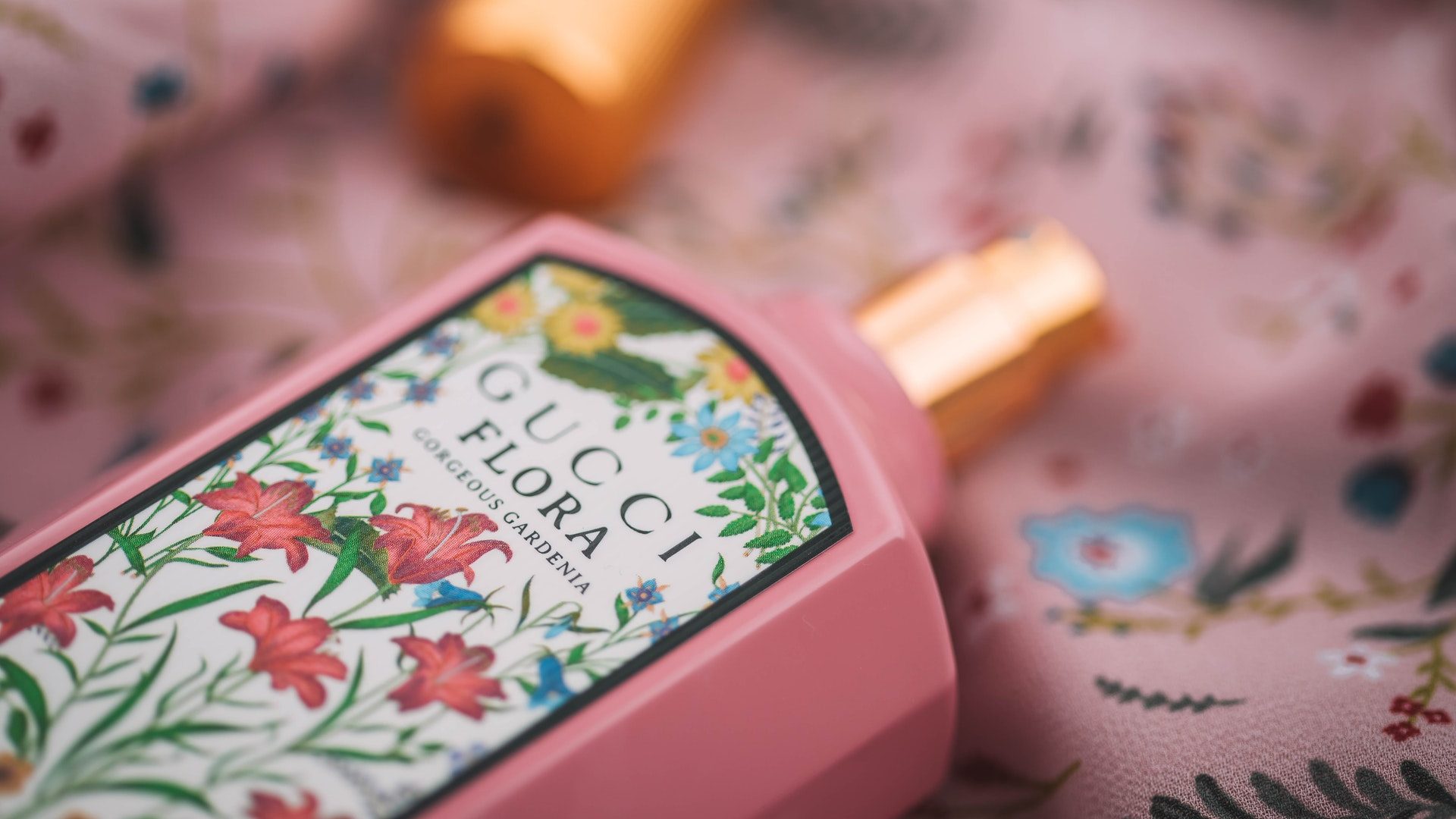
If you think about it, most of the leading brands in food, clothing, hospitality, automotive, and engineering come from Italy:
The Italian brand Ferrari was founded in 1947 by Enzo Ferrari who wanted to create a car that would be fast and powerful, providing users with a unique handling and luxury outstanding experience. Nowadays, it is very popular for its racing cars as well as supercars that were designed for people with high-income levels but became so famous to spread merchandising of any type all around the globe.
The company's logo is red, white, and green stripes that symbolize Italy's flag and the fierce Italian pride.
Gucci was founded in 1921 by Guccio Gucci, as a company that specializes in luxury goods such as jewelry, shoes, clothes, and leather goods. Famous people such as Mick Jagger or Madonna wear the clothes from this company.
The luxury industry is one of the most profitable and competitive industries in the world. The word luxury itself has key connotations: rarity, price, and quality. The industry is worth $1.3 trillion and reaches out to over six point one billion people worldwide. Out of all the luxury brands in the world (including BMW, Rolex, Louis Vuitton), eleven Italian brands make it to the top twenty list.
Ferrari, Gucci, Armani, Kinder, and Lamborghini are all famous Italian brands in the luxury niche with an enormous market share worldwide, holding a significant portion of this $1.3 trillion industry with no sign that they're slowing down anytime soon with their current growth rates and expansion plans into new markets like China and India.
Buying a luxury Italian brand is a symbol of stability, solidity, and durability, given by the Italian creativity, the constant hard work, and the will to succeed following a quality-oriented mindset.
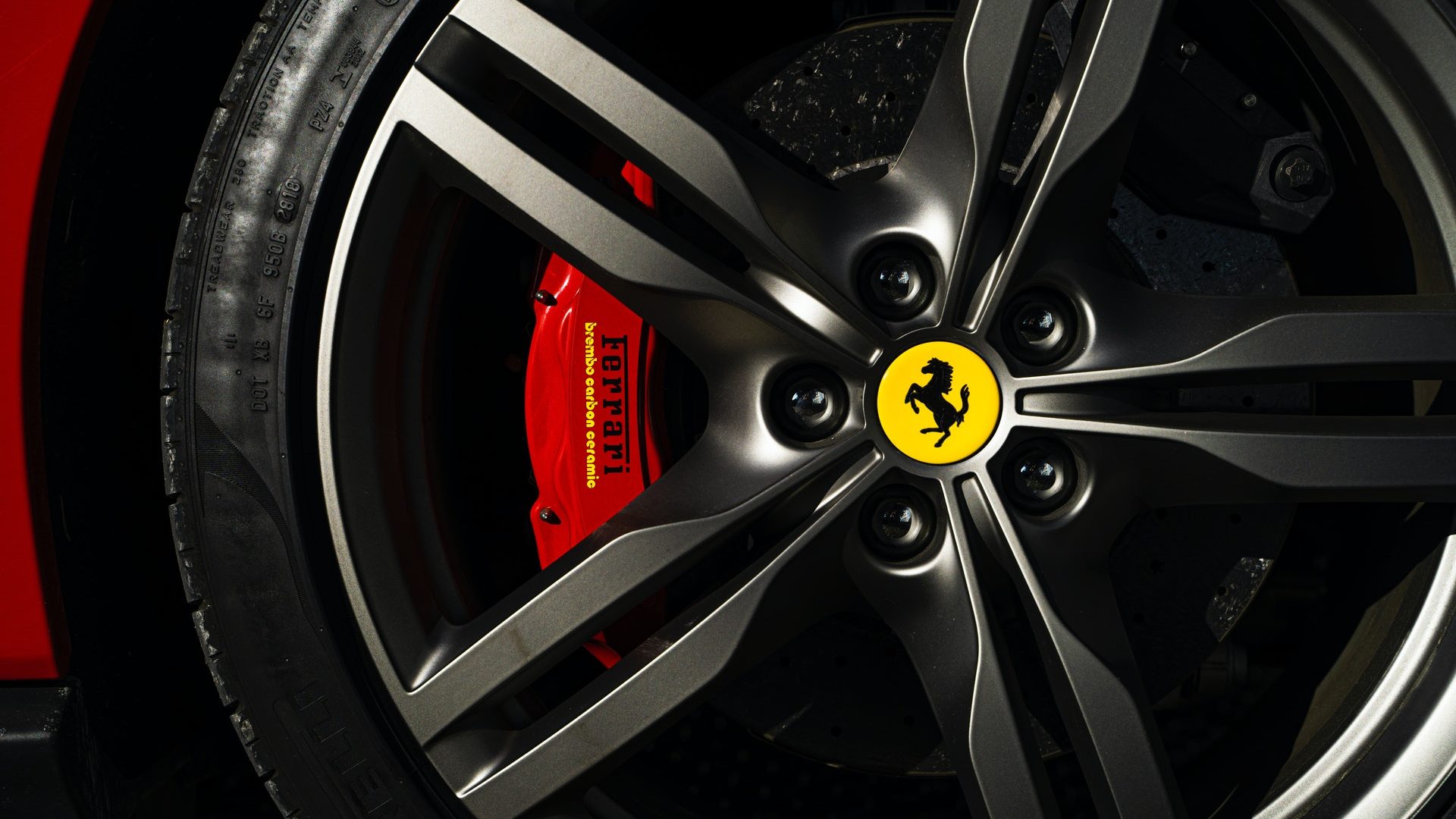
Lasting Dynamics was founded and raised in Italy with the same values spread worldwide by the big Italian luxury brands. In Lasting Dynamics, the software development process is "made in Italy", and products and services are delivered with the finest quality-oriented processes by an ambitious and strongly motivated group of high-end engineers, product designers, quality assurance experts that self-analyze their practices with continuous processes evaluations, retrospective, and research and development agile practices. This is why in 2021, Lasting Dynamics was mentioned as "An Italian Pride" by La Repubblica, one of the most important newspapers in Italy.
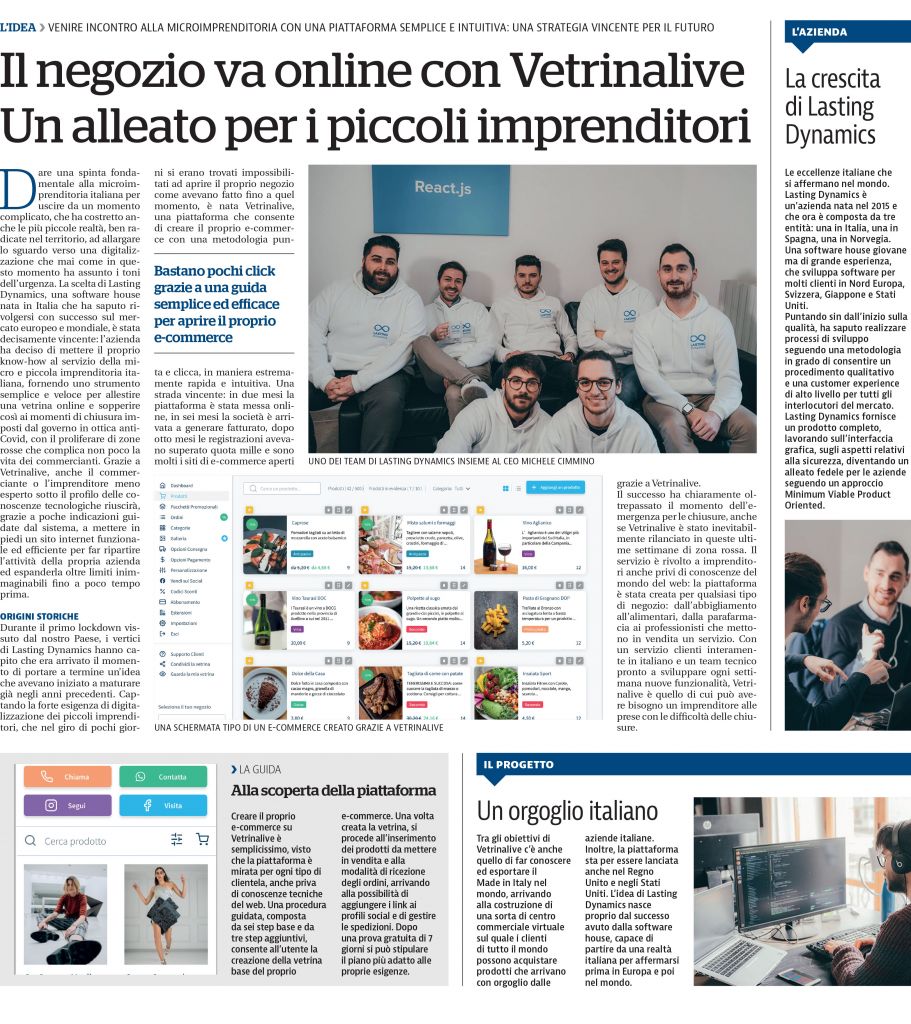
Everything started from the idea that the software development market deserved a quality-oriented, highly structured, and educated consultancy reality that could stand against the opposite cheap business model provided by the majority of the software houses and agencies on the market between 1990 and 2010. A reality that could convert an entrepreneurial idea into software following the best agile practices and putting into the equation fundamental components such as critical thinking, product ownership mindset, time-management optimizations and automation, innovative and lasting technology to grant a luxury result - eventually enjoying the ride together with the partner learning more and more down the road on how to design and develop perfect digital products that could stand on the market exposing their different level of quality: refined user experience, no bugs, no regressions, reactive and continuative customer support, simplicity in communication, extremely user-friendly functionality and transparency at every level.
LD is
Following this mindset, Lasting Dynamics holds today a powerful set of services and products on the market that represent a luxury showcase for anyone wanting to start long-term collaborations.
The company is still young, but the impressive organic growth achieved in the past 10 years gives a good indication regards the future, aiming to become one of the top 20 leading luxury Italian brands in the world.
Michele Cimmino
I believe in hard work and daily commitment as the only way to get results. I feel an inexplicable attraction for the quality and when it comes to the software this is the motivation that makes me and my team have a strong grip on Agile practices and continuous process evaluations. I have a strong competitive attitude to whatever I approach - in the way that I don't stop working, until I reach the TOP of it, and once I'm there, I start to work to keep the position.